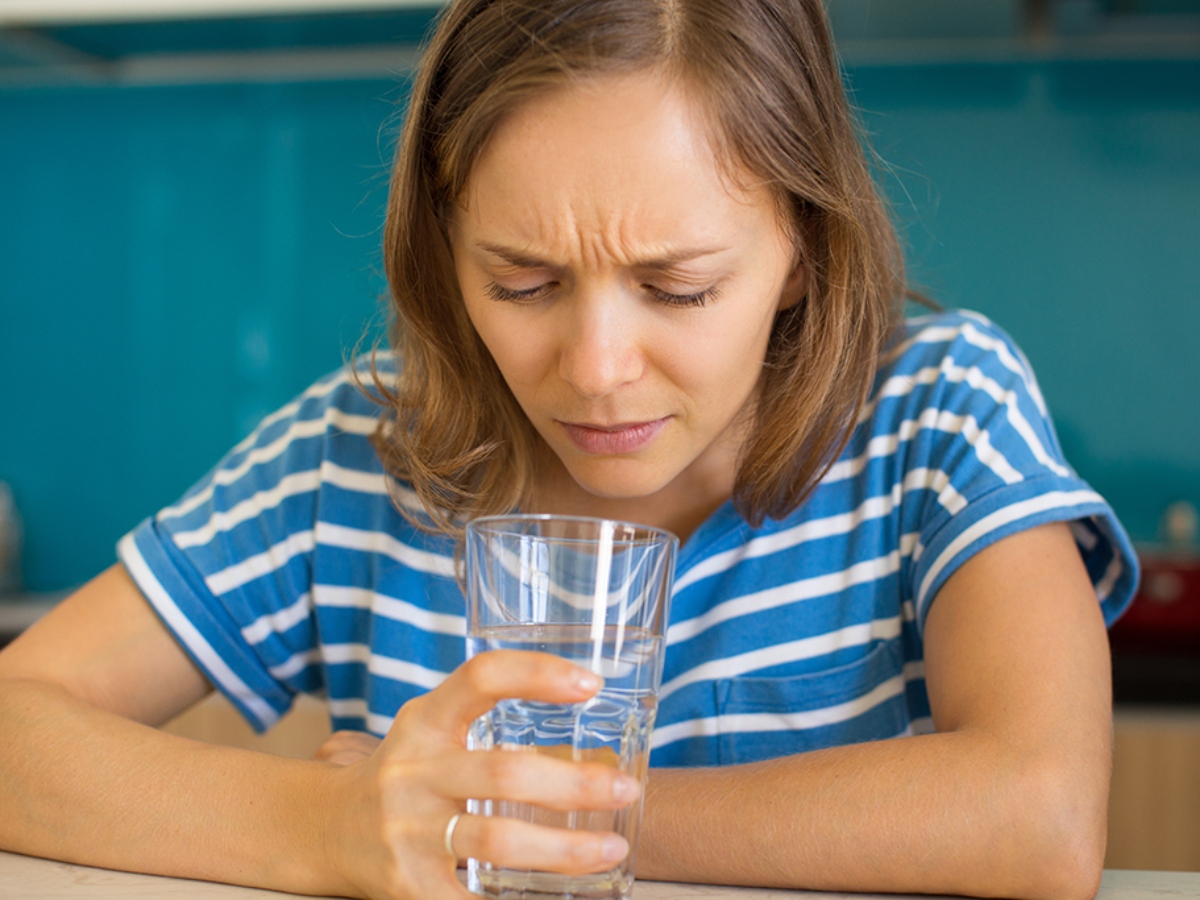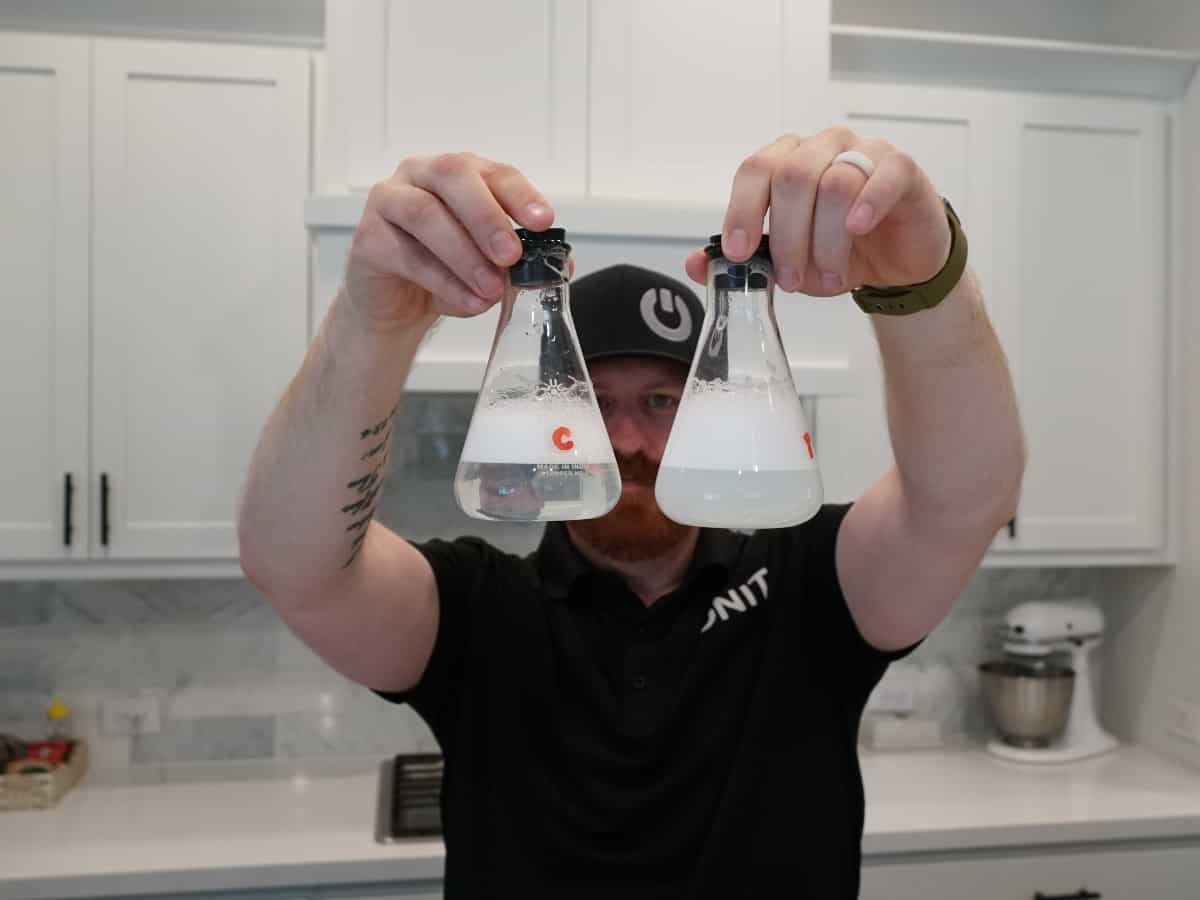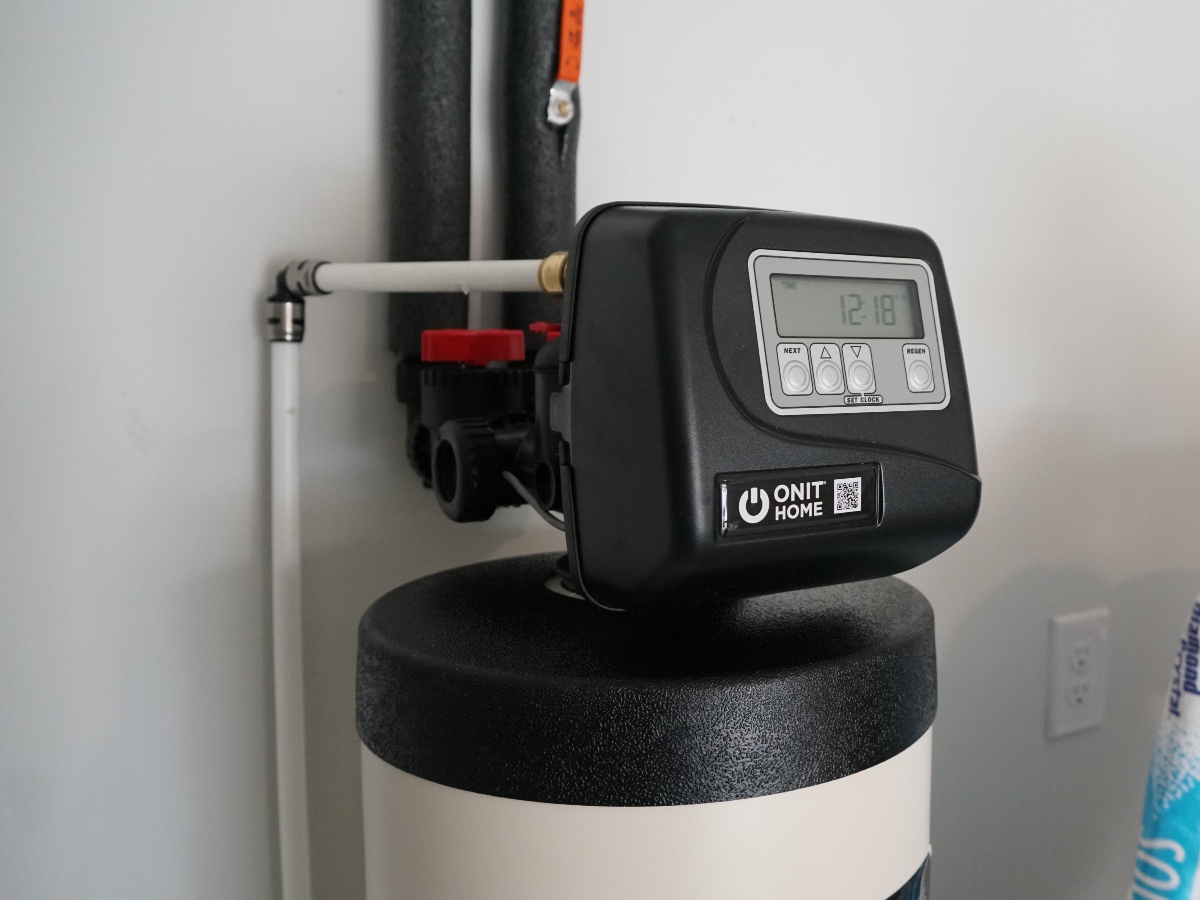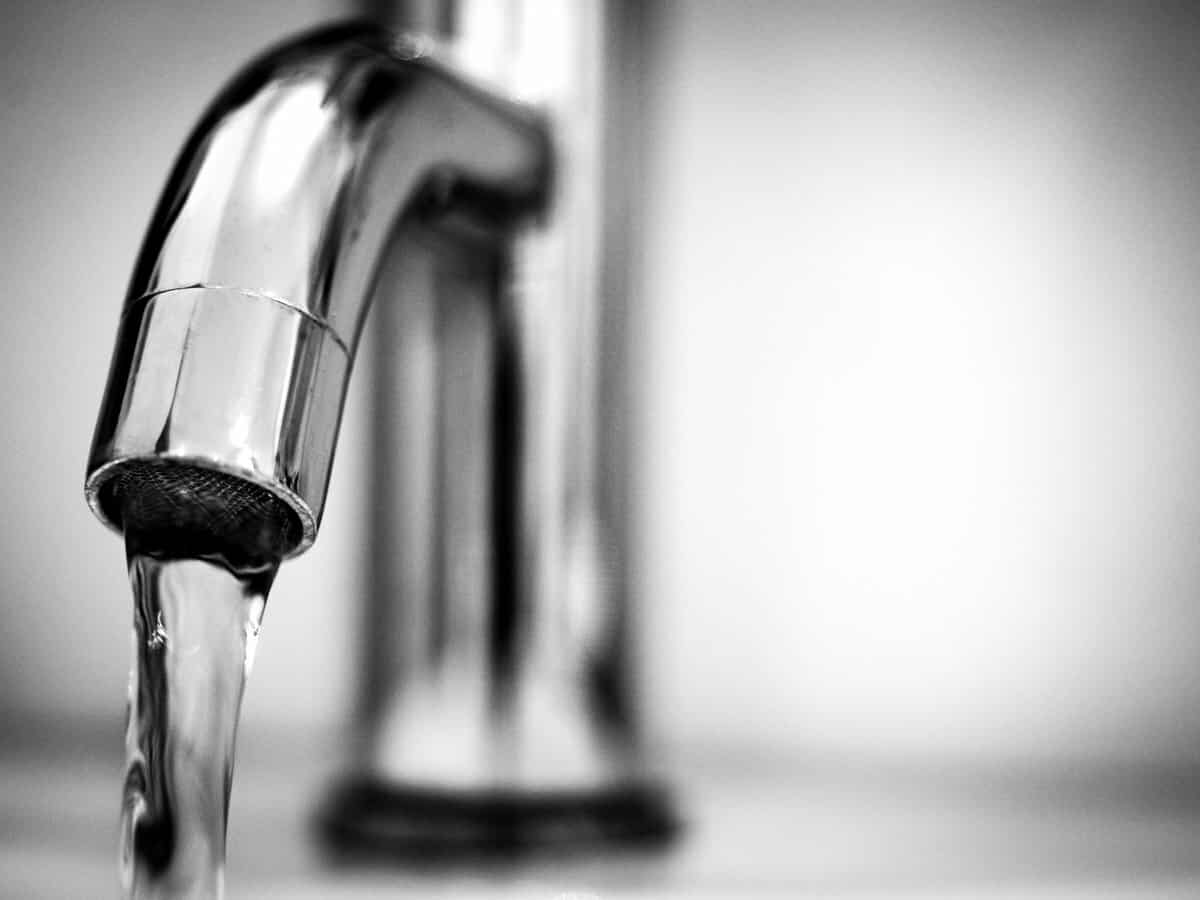The nitrification process in the nitrogen cycle can lead to high levels of nitrites in the soil, which leach into the aquatic system. This can cause nitrite concentration in water to increase to unsafe levels for humans and animals when consumed. If you’re worried about nitrite in water and its effects, this article is for you.
What Are Nitrites
Nitrite (NO−2) is a nitrogen-oxygen compound found in water, soil, and air. It’s also found in plants and animals. Nitrites are made up of one nitrogen and two oxygen atoms. Ammonia-oxidizing bacteria (AOB) convert ammonia to nitrite by oxidation. And just like nitrates, nitrites are highly soluble in water. Nitrites are generally considered safe in small amounts, but they can be dangerous if ingested in large quantities.
Nitrogen (N2) is an essential element for all living things. It’s a significant part of our air, food, and water. Understanding the nitrogen cycle can help one understand nitrite and nitrate formation. Nitrogen produces amino acids and nucleic acids (DNA and RNA). It’s also used in many industrial processes, including fertilizers, explosives, plastics, food, and medicine.
Nitrogen Cycle
The nitrogen cycle converts inert atmospheric nitrogen into different forms and returns them into the atmosphere. The cycle has four main steps: nitrogen fixation, ammonification, nitrification, and denitrification. Nitrogen fixation converts nitrogen into a form that plants can use, while ammonification is the process by which organic nitrogen is decomposed into ammonia (NH3).
Nitrites and nitrates are the forms that plants utilize the most. Nitrification converts ammonia into nitrites, which are then oxidized to nitrates by the nitrite-oxidizing bacteria (NOB). Furthermore, nitrites can leach into aquatic systems, such as surface water.
The last process in the nitrogen cycle is denitrification, whereby nitrates are converted into nitrogen gas, thus returning to the atmosphere. The nitrogen cycle brings out the difference between nitrite and nitrates. Since these two terms are similar, most people often confuse them. Furthermore, nitrite has one nitrogen element and two oxygen atoms, while nitrates have one nitrogen element and three oxygen atoms. Nitrites are more toxic than nitrates.

How Do Nitrites Get Into Our Drinking Water?
You may wonder what causes nitrite in water, especially if you have a well-built water well. Nitrite in water can come from natural sources, such as leaching from soil into the surface or well water. In addition, nitrite contamination can result from agricultural runoffs by carrying manures, fertilizers, bacteria, and chemicals.
Nitrite in drinking water can also come from artificial sources, such as leaking septic tanks or treated water from wastewater discharge. Your water may be contaminated with nitrites if you have a compost pile near your water well.
If you have a shallow well or your well casing is damaged, there is a high possibility that your water will get contaminated with nitrites.
What Are the Health Effects of Nitrite in Water?
Nitrite is not harmful to humans in small amounts and with a short duration of exposure. However, large amounts of nitrite or exposure to small amounts for more extended periods can be harmful.
Nitrites can lead to symptoms such as increased heart rate, abdominal cramps, nausea, and headaches. In addition, nitrites buildup in the body can cause methemoglobinemia, a condition in which the blood cannot carry oxygen properly.
Infants below three months and pregnant women have a higher risk of getting methemoglobinemia (blue baby syndrome). This condition can cause the skin to turn blue, and if left untreated, it can lead to death.
Methemoglobinemia can also lead to severe health conditions such as anemia, heart problems, and lung diseases. More research has been done on nitrites and nitrates in drinking water, showing they may be linked to cancer.
The potential health effect of nitrite in water depends on several factors, including:
- The concentration of nitrite you’ve been exposed to
- Length of time you’re exposed to nitrites
- Your susceptibility.
Nitrites in water can also be toxic to aquatic organisms. High water nitrites levels lead to edema and gill lesions in fish. Like humans, nitrites can also cause methemoglobinemia, preventing blood from carrying oxygen. This can lead to suffocation, which leads to death.
What Is a Safe Level of Nitrate in Drinking Water?
The maximum contaminant level for nitrite in water is 1 milligram per liter (mg/L). The allowable level of total nitrates and nitrites (as nitrogen) is 10 mg/L. Ensure to discontinue use immediately if you notice the levels are higher than 1 mg/L.

How Do I Know My Water Has Nitrates?
The only way to check if your water has nitrites is to test it. It’s crucial to notice that nitrites or nitrates do not add color, taste, or odor to your water. This means you can consume high levels of nitrites without knowing it. You can purchase a water quality test kit from a hardware or home improvement store. These kits will usually test for different water quality parameters, including nitrites.
Although these kits are accurate, you can also prefer to contact your nearest certified laboratory for comprehensive water analysis. This is usually done by taking a sample of your water to the lab and having them test it for nitrites (and other contaminants). However, this comes at a fee.
Another excellent option is to contact a professional water company to help do a nitrite in-water analysis. Some of these companies offer a free water test. Besides this, they will analyze your water and identify the source of the nitrite. Furthermore, they will offer you a solution and, in most cases, help you design a water filtration system unique to your home’s needs.
Contact your local water authority for more information if you’re on a public water system. For well owners, it’s good to note wells are highly susceptible to high levels of nitrites, especially if the well does not meet construction standards.
As a well owner, your water quality solely depends on you since the EPA does not regulate water from private wells. So ensure to test your well water annually for nitrites, nitrates, total coliform bacteria, total dissolved solids, and much more.
What Can I Do if My Water Has Nitrites?
If you test your water and find that it has nitrites, discontinue use immediately and check the source of the problem. In the meantime, you can use bottled water for cooking and drinking. You’ll need to lower the levels if the nitrites come from within your water. You’ll need to correct the issue at the source if it’s outside your well, like fertilizers, compost piles, or septic tanks.
Note that boiling water does not remove nitrites or nitrates from the water. Instead, it only increases their concentration, making the water more hazardous since it evaporates, leaving nitrites behind.
What Can I Do to Reduce Exposure to Nitrites?
Exposure to high levels of nitrites in water or food is toxic to humans, thus the need to lower the intake. Food such as cured meats, pickled vegetables, bacon, fish, sausages, and some cheeses contain nitrates to increase their shelf life and give them color.
Your body can convert nitrites and nitrates to nitrosamines which can cause cancer. Several studies have shown that nitrates can lead to breast, prostate, and stomach cancer, among other types of cancer. Besides being exposed to nitrites through food and water, some cosmetics and cleaning products are used. There are a few changes you can make to reduce your exposure to nitrites:
- Try to limit your intake of food preserved with nitrites
- Avoid using cosmetics and cleaning products that contain nitrates
- Ensure to test your water annually
- Keep distance between your water well and sources that can contaminate your water with nitrites.
- Ensure your well is professionally inspected and maintained.
- Install a water filtration system.

How Can I Remove Nitrite From My Water?
The best way to remove nitrites from your drinking water is by using water filtration methods. The most common are:
- Reverse osmosis removes pollutants from water by forcing them through a semipermeable membrane. This membrane only allows water molecules to pass through, trapping the contaminants on the other side.
- Distillation can remove nitrates from water by heating it to a vapor and then condensing it back to a liquid. This method can leave the contaminants behind, as they are not vaporized at the same temperature as the water.
- Ion exchange units remove contaminants from water by exchanging ions with the contaminants. The ions are then flushed away, leaving the water contaminant-free. An excellent example of an ion exchange unit is a water softener.
- Whole water filtration systems are designed to remove various contaminants from your water, including nitrites. These systems also ensure you have clean water in all your water sources inside your home.
Get Safe Drinking Water With ONIT Home
Water is essential to our survival. However, most of the water sources are contaminated. One of the most common contaminants is nitrite. Nitrites in water can be highly toxic to animals and humans. This is where ONIT Home comes in.
ONIT Home provides safe drinking water for any family in need. Our home water filtration system can remove 97% of contaminants, including nitrites and nitrates. We work diligently to install water filtration systems in homes and businesses and provide training on maintaining the systems.
Through our work, we are positively impacting the lives of people in our community. Don’t hesitate to reach us if you want a water filtration system. You can also call us at 1-833-433-0331 to speak to our professionals regarding any water quality problem you may have in your home. Need clean drinking water? We’re ONIT!



